In our pursuit of sustainable chemistry, we have developed dynamic catalysts that adapt their activity in response to subtle changes in reaction conditions. This adaptability allows for the formation of diverse products from a single substrate, enhancing the precision and versatility of chemical synthesis. In the field of chemical energy conversion, these adaptive catalysts have optimized efficiency by adjusting to fluctuating energy sources and varying feedstock qualities.
Our research has demonstrated the ability to control both regioselective and stereoselective transformations on a single substrate, enabling divergent reaction pathways. For example:
1. We selectively activated intrinsic chemical bonds in fundamental functional groups, such as aldehydes, by targeting different bonds (i.e., R(C=O)H vs. R(C=O)H vs. -R-(C=O)H). This approach allowed us to generate a diverse range of products, including amides, nitriles, and enol ethers.
2. Additionally, we performed sequential hydrodefluorination reactions, demonstrating how a single catalyst could convert C6F6 into a diverse set of C6F6-nHn (with n= 1-5) polyfluorinated compounds.
3. In the semihydrogenation of alkynes, we showed that a single catalyst could selectively produce either kinetic or thermodynamic isomers, accessing both cis- and trans-alkenes without the need for multiple catalysts or additives, while using hydrogen as reducing agent.
These examples highlight the advantages of such responsive catalysis. Our ongoing efforts aim to expand the application of these versatile catalysts to a broader range of chemical reactions, enhancing both their efficiency and operational range.
Cours de Chimie Organique et Chimie Organométallique aux niveaux Licence et Master en chimie
09/2024 – present
Full Professor at Université de Lorraine
Group of “Synergistic Organometallic Catalysis.” (SynOCat)
Université de Lorraine – L2CM – France.
Leader of a Max Planck Partner Group between Max Planck Institute for Chemical Energy Conversion/Université de Lorraine
09/2019 – 08/2024
Independent MAX PLANCK RESEARCH GROUP LEADER (Eq. W2/Associate).
Group of “Synergistic Organometallic Catalysis.”
Max Planck Institute for Chemical Energy Conversion/Ruhr University Bochum – Germany.
09/2017 – 08/2019
Prof. Dr. Walter LEITNER
Group Leader of “Organometallic Electrocatalysis.” (Eq. W1/Assistant)
Max Planck Institute for Chemical Energy Conversion – Germany.
09/2016 – 08/2017
Prof. Dr. Karsten MEYER
Post-Doctoral Researcher – Field: Ligand Design and Coordination Chemistry.
Friedrich-Alexander-University Erlangen-Nürnberg – Germany.
10/2014 – 08/2016
Prof. Dr. Alois FÜRSTNER
Post-Doctoral Researcher – Field: Organic Chemistry and Catalysis.
Max-Planck-Institut für Kohlenforschung – Germany.
09/2011 – 09/2014
Dr. Jean-Pierre DJUKIC
Ph.D. in Chemistry – Field: Organometallic/Computational Chemistry.
Title: Experimental and theoretical study of non-covalent interactions in organometallic chemistry: the concept of Hemichelation
University of Strasbourg – France





